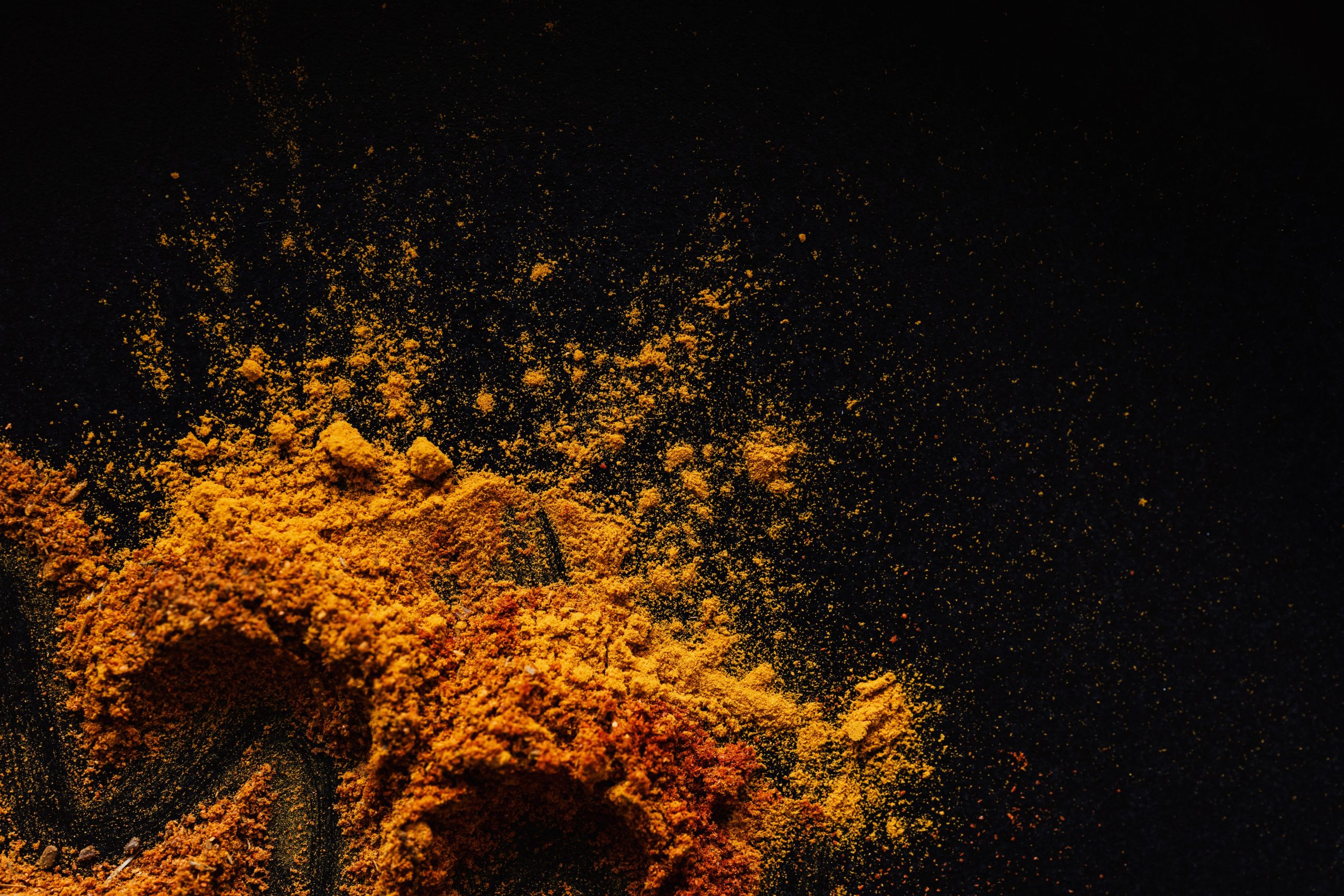The Potential of Turmeric in Treating Indigestion: An Insight into Recent Studies
Sep 15, 2023
ARTICLE

A recently released study in the BMJ Evidence-Based Medicine journal sheds new light on an old spice: turmeric. You know, that bright yellow stuff used in curry and mustard? Turns out it might be pretty good at soothing tummy troubles too. The secret lies within the root of the mystical Curcuma longa plant where this nifty little ingredient comes from. Not only can this spicy character reduce inflammation and fend off bacteria, but its potential to treat gastrointestinal symptoms is now hitting the spotlight as well.
The Methodology
Sample Population: 206 individuals aged 18-70, suffering from recurring stomach upset (functional dyspepsia) of unknown causes.
Research Time Frame: Participants were recruited between 2019 and 2021 from Thai hospitals.
Treatment Duration: 28 days.
The study’s participants were divided into three distinct treatment groups:
Turmeric Group (69 patients): Two large 250 mg curcumin capsules four times daily plus one small dummy capsule.
Omeprazole Group (68 patients): One small 20 mg capsule daily and two large dummy capsules four times daily.
Combination Group (69 patients): A mix of turmeric and omeprazole.
Omeprazole is a proton pump inhibitor (PPI) used to alleviate symptoms of functional dyspepsia such as postprandial fullness, early satiety, and epigastric pain. However, concerns have been raised over its prolonged use due to possible side effects like increased fracture risk, nutritional deficiencies, and heightened infection risk.
Study Outcomes
Initial Phase: At the study’s onset, all three groups displayed similar clinical features and indigestion scores.
Day 28: SODA (Severity of Dyspepsia Assessment score) reflected significant symptom severity reduction in all groups.
Day 56: A marked improvement in symptoms was observed, outstripping the Day 28 scores.
Experts Weigh In: The Link Between Turmeric and Indigestion
Sas Parsad, a nutritionist and founder of The Gut Co, wasn’t taken aback by these findings. He acknowledged turmeric’s longstanding presence in traditional medicines like Ayurveda, emphasizing its role in gut health.
Properties of Curcumin: The anti-inflammatory and antioxidant attributes of curcumin, turmeric’s active component, might alleviate indigestion symptoms and bolster gut health.
Digestive Benefits: Curcumin aids fat digestion by stimulating bile release from the gallbladder, potentially reducing bloating and discomfort.
Anti-inflammatory Effect: Turmeric’s anti-inflammatory nature might help mitigate inflammation in the stomach lining or other digestive tract parts.
Comparatively, conventional indigestion medicines like PPIs chiefly reduce stomach acid production. However long-term use may influence gut health adversely. Anna Maspon, a registered nutritionist, highlighted two significant limitations of this study: the absence of a control group and overlooking the participants’ diet.
Pros and Cons of Turmeric in Indigestion Treatment
With multiple benefits encompassing antioxidant properties, neurodegenerative disease risk reduction, liver function enhancement, and mood improvement, turmeric might seem like an ideal choice. But, like all remedies, it has its pros and cons.
Pros: Turmeric is natural, possesses digestive and health benefits, and potentially has fewer side effects than medicines.
Cons: It may interfere with certain medications, including antidepressants and blood thinners, and can sometimes irritate the gut.
Increasing Turmeric Intake Safely
For those contemplating turmeric for indigestion relief:
Golden Milk: A mix of dairy or plant-based milk with turmeric, black pepper (boosts curcumin absorption), and honey.
Turmeric Tea: Steep turmeric slices or powder in hot water, enhanced with ginger and lemon.
Turmeric Supplements: Opt for those with piperine to maximize curcumin absorption. Parsad recommends a daily dose of 1-3 grams of dried, ground turmeric or 400-600 milligrams of standardized curcumin extract.
Importance of Consultation
Whenever you’re thinking about switching up your diet or trying a new supplement, let’s say for example, turmeric- even though it’s all-natural, it’s gotta be taken with a pinch of caution. It’s pretty darn important to have a natter with a health expert or diet guru prior to making any shifts in your lifestyle or medication routine. They’re the ones that could throw you some solid advice specific to your health scenario and assure your well-being whilst maintaining the efficiency of the modification.
Conclusion
Research around the power of turmeric is certainly on a promising uptick, but remember, we need to carefully balance its alluring potential perks with any pitfalls that could come by. Don’t forget: touching base with a health-savvy pro before shaking up your healthcare routine is, as always, at the top of the must-do list.